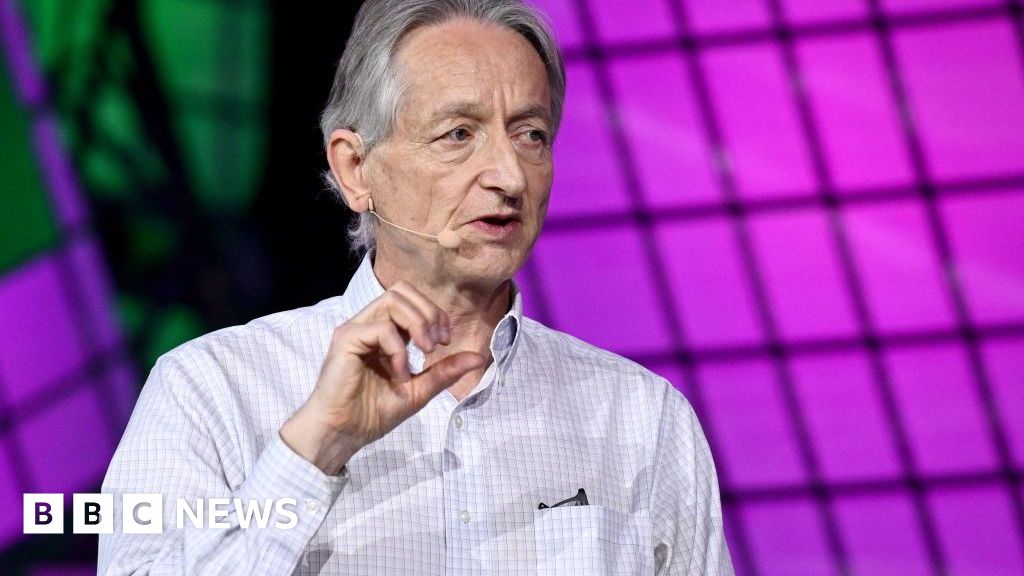The Nobel Prize in Physics has been awarded to two scientists, Geoffrey Hinton and John Hopfield, for their work on machine learning, the Royal Swedish Academy of Sciences announced at a press conference in Stockholm, Sweden.
American Professor John Hopfield, 91, is a professor at Princeton University in the US, and Prof Hinton, 76, is a professor at University of Toronto in Canada.
[…]
The Academy listed some of the crucial applications of the two scientists’ work, including improving climate modelling, development of solar cells, and analysis of medical images.
[…]
Professor Hinton is sometimes referred to as the “Godfather of AI”. [His] pioneering research on neural networks paved the way for current AI systems like ChatGPT […] He also said he uses the AI chatbot ChatGPT4 for many things now but with the knowledge that it does not always get the answer right.
[…]
Professor John Hopfield invented a network that can save and recreate patterns.
It uses physics that describes a material’s characteristics due to atomic spin.
In a similar way to how the brain tries to recall words by using associated but incomplete words, Prof Hopfield developed a network that can use incomplete patterns to find the most similar.
[…]
The Nobel Prize committee said the two scientists’ work has become part of our daily lives, including in facial recognition and language translation.
But Ellen Moons, chair of the Nobel Committee for Physics, said “its rapid development has also raised concerns about our future collectively”.



The Nobel committees frequently give prizes in an area that really have more to do with other areas. Six of the last ten Nobels in Chemistry have been explicitly biology focused. Two more were materials science stuff, so maybe half chemistry. Only two were what I’d consider actual chemistry.
But this one is pretty rough. The Nobel Prize in Physics goes to setting the world’s energy reserves on fire so coked-up executives’ lines can go up and basement-dwellers can generate waifus with big tiddies. UGH